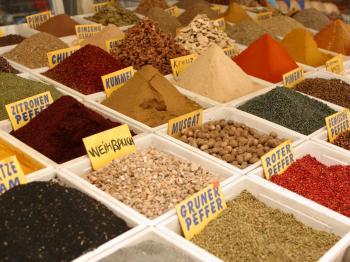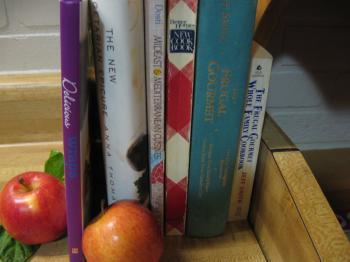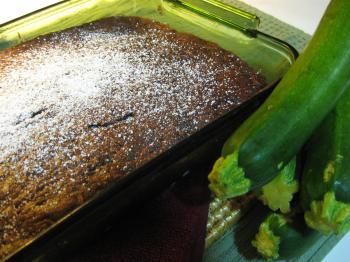I am passionate about food and cooking from all over the world. Jonah Lehrer’s accounts of personas from the arts, literature, and music made me zero in on the chapter about Escoffier, a legendary writer and cook.
That segment appealed to me but also left me asking questions. The rest of the historic figures and their stories in Lehrer’s book amount largely to hedonism and speculation—much to my disappointment.
It is puzzling why people would be so entranced with Proust’s writings, or with the thoughts Gertrude Stein had penned. When I read anything, my overriding questions are: “It is logical? Does it make sense? Is it worthwhile to keep in my head, and, what can I learn from it?”
Most good authors/writers are first of all prolific readers of the works of others. They cannot help, then, to have their stories reflect those ideas and speculations that are already well known and published. The “new” writers borrow from them, perhaps inadvertently.
According to Lehrer, “We know that Proust was right about memory, Cezanne was uncannily accurate about the visual cortex, Stein had anticipated Chomsky, and Woolf pierced the mystery of consciousness; modern science has confirmed these artistic notions.” But, does this mean it is more than a lighthearted traipsing through neuroscience? Lehrer’s writings urge us to take his statements literally.
That is where I rebel. For instance, Lehrer credits novelist George Eliot with affirming free will and rejecting hard-core scientific determinism. The Escoffier segment got me to thinking about the fifth cardinal taste, “umami,” in addition to bitter, sour, sweet, and salty.
Chinese and French cooks created stocks imbued with this flavor years before Escoffier—Brillat-Savarin for one—and good cooks from other parts of the world had done the same, although they are not as well-known.
I was sadly disappointed that Lehrer did not give more credit to the Japanese chemist Kikunae Ideka who isolated the umami compound from seaweed in 1907. Can you say “monosodium glutamate?” (MSG)
There is more. On closer scrutiny, Lehrer borrowed ideas from contemporary theorists, such as American psychologist William James, which relate to the author’s “discoveries” from Cezanne, and the writers Woolf and Gertrude Stein.
Has Jonah Lehrer achieved what he set out to do with this book? He has awakened interest in Proust’s writings, at least for some people—if that was his aim—and perhaps interest in the works of the other artists and musicians mentioned in the book. But astute students of history, literature, and music might discover he has actually not told us anything new, merely presented old information in a differently gift-wrapped box, minus the bow.
Proust Was a Neuro-Scientist by Jonah Lehrer (2007) is published by Mariner Books.
Book Review: ‘Proust was a Neuro-Scientist
I am passionate about food and cooking from all over the world. Jonah Lehrer’s accounts of personas...
Mariner Books
|Updated:




